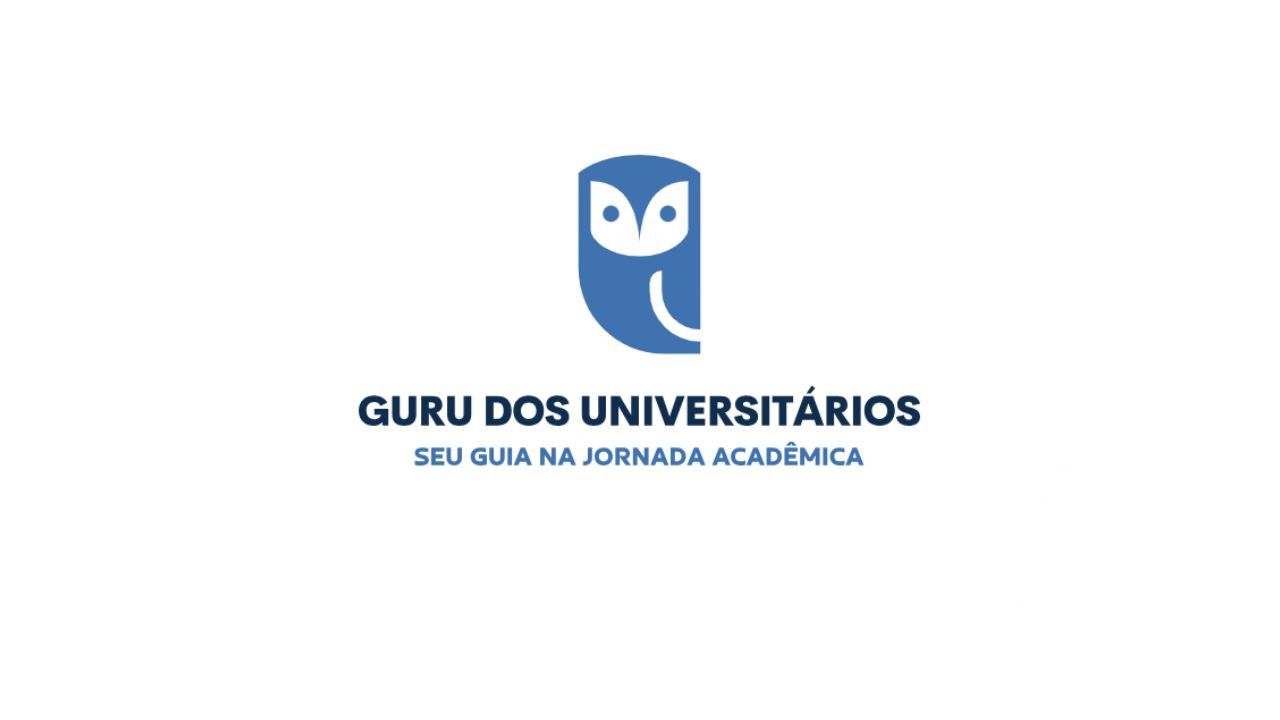Debunking Common Myths About Brazilian Universities
Introduction to Brazilian Universities
Brazilian universities have long been a subject of intrigue and curiosity for students and academics worldwide. However, misconceptions often overshadow their true potential and achievements. In this blog post, we aim to debunk some of the most common myths surrounding these institutions and shed light on the reality of higher education in Brazil.
Myth 1: Brazilian Universities Lack Quality
One prevalent myth is that Brazilian universities do not offer the same quality of education as their counterparts in other countries. This could not be further from the truth. Institutions like the University of São Paulo (USP) and the Federal University of Rio de Janeiro (UFRJ) are consistently ranked among the top universities globally, demonstrating excellence in various fields of study.

Quality Assurance and Accreditation
Brazilian universities are subject to rigorous quality assurance processes, similar to those in Europe and North America. The National Institute for Educational Studies and Research (INEP) conducts regular assessments to ensure educational standards are met. These evaluations cover curriculum design, faculty qualifications, and research output.
Myth 2: Limited Research Opportunities
Another misconception is that research opportunities in Brazilian universities are limited. In reality, Brazil is one of the leading countries in Latin America for research output, particularly in fields like agriculture, medicine, and environmental sciences. Universities often collaborate with international institutions to enhance research capabilities and global impact.

Funding for Research
Brazilian universities receive substantial funding for research from both government and private sectors. Agencies such as the National Council for Scientific and Technological Development (CNPq) and the Coordination for the Improvement of Higher Education Personnel (CAPES) provide grants and scholarships to support academic research. This financial backing has led to significant advancements and innovations.
Myth 3: Language Barriers
Many assume that the Portuguese language can be a barrier for international students seeking to study in Brazil. While Portuguese is indeed the primary language of instruction, many universities offer programs in English, especially at the postgraduate level. Additionally, language support services are often available to help international students adapt.
Embracing Multilingualism
Brazilian universities are increasingly embracing multilingualism by offering courses in various languages and encouraging cultural exchange programs. This openness not only attracts international students but also enriches the learning environment for local students by exposing them to diverse perspectives.

Conclusion: A Global Perspective
In conclusion, Brazilian universities provide a robust educational framework that rivals many other countries. By debunking these common myths, we hope to highlight the opportunities available for students seeking a high-quality education with a rich cultural experience. With continued investment in education and research, Brazilian universities are poised to further enhance their global standing.
